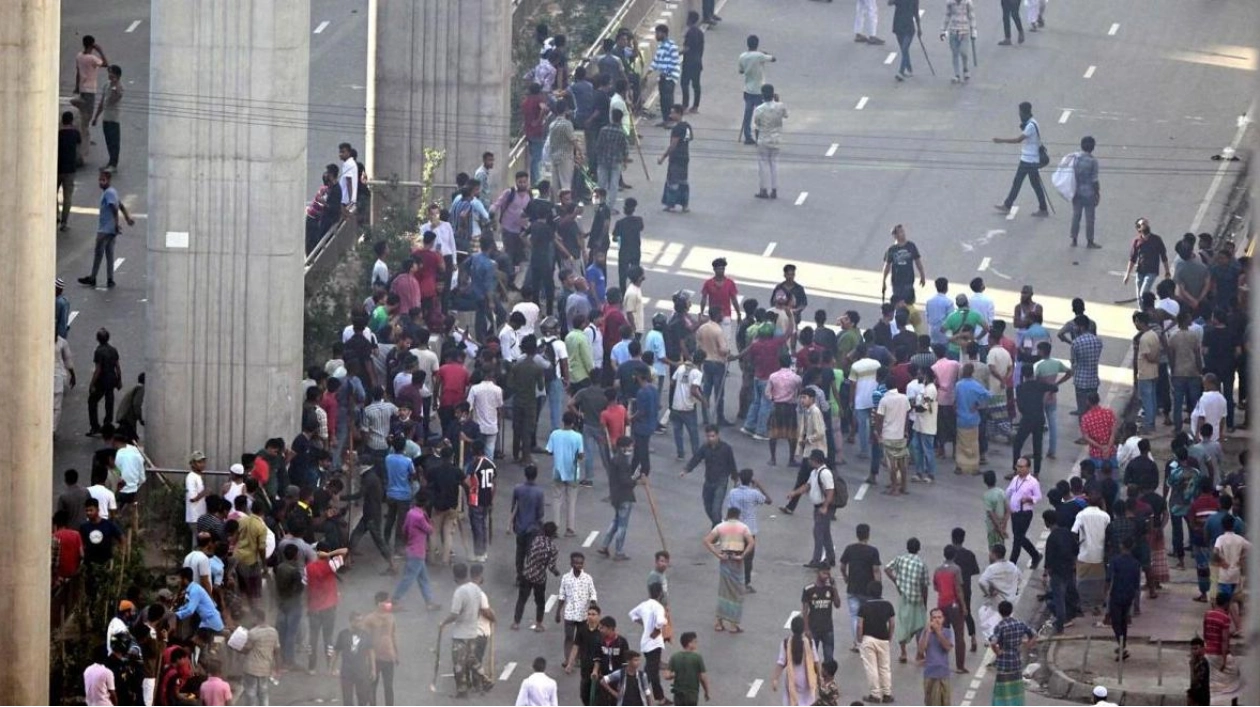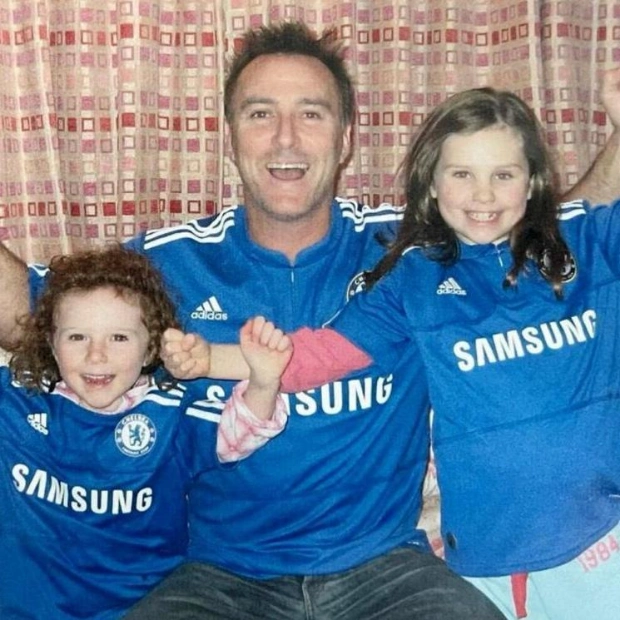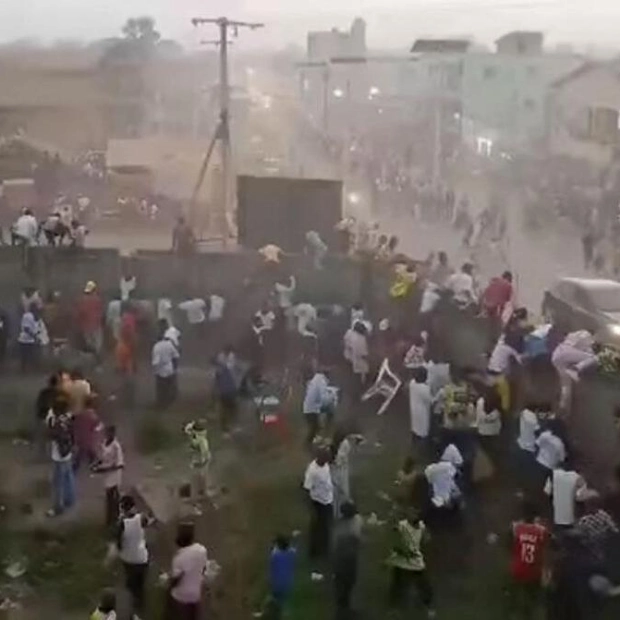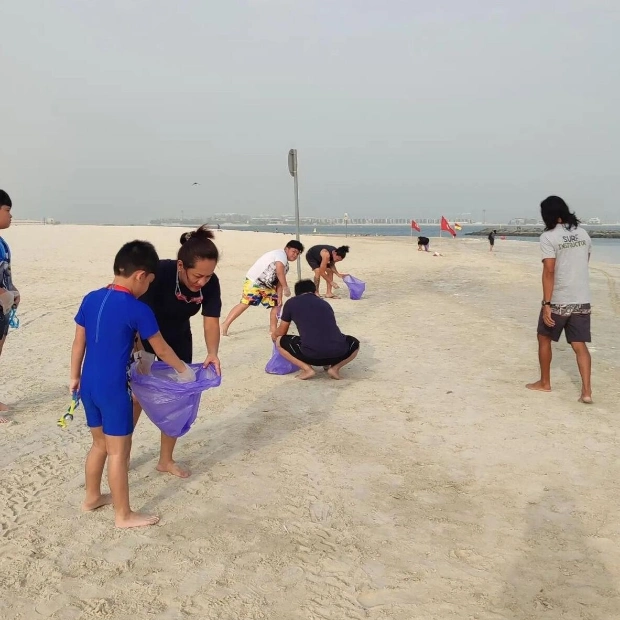The total number of fatalities resulting from the violent confrontations in Bangladesh has escalated to a minimum of 300 individuals, as reported by AFP. This figure includes the 94 casualties recorded on Sunday, marking the most lethal day in several weeks of government opposition rallies. The information is compiled from statements made by law enforcement, government representatives, and medical professionals at various hospitals.
Anticipating a continuation of the demonstrations, significant military and police presence is expected in Dhaka, the capital, beginning Monday. They will be monitoring major thoroughfares and obstructing access to the Prime Minister Sheikh Hasina's office. In response to the ongoing protests that commenced last month, the government has instituted an indefinite nationwide curfew effective from 6pm (1200 GMT) on Sunday, a measure not previously implemented during these demonstrations. Additionally, a three-day general holiday has been declared starting Monday.
The escalating turmoil, which has led the government to suspend internet services, presents the most significant challenge to Hasina's 20-year leadership since her re-election for a fourth consecutive term in polls that the primary opposition party, the Bangladesh Nationalist Party, boycotted. The unrest was initially sparked by student protests against government job quotas, resulting in at least 150 deaths and thousands of injuries. Although the protests temporarily subsided after the Supreme Court eliminated most of these quotas, students have recently resumed sporadic demonstrations, advocating for justice for the victims' families.






